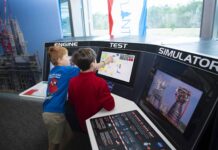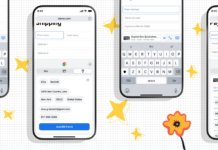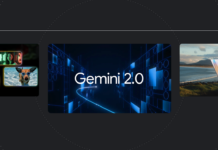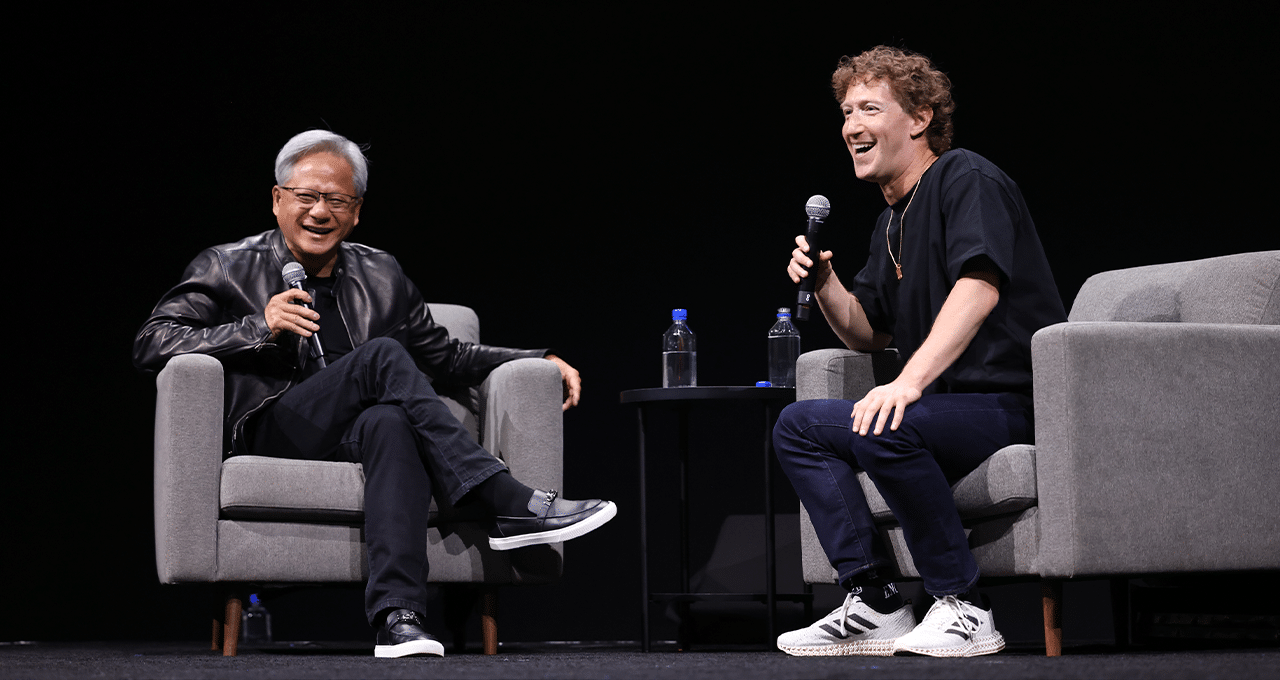In a highly anticipated fireside chat at SIGGRAPH 2024, NVIDIA founder and CEO Jensen Huang and Meta founder and CEO Mark Zuckerberg delved into the transformative potential of open-source AI and AI assistants. The discussion, rich with insights and forward-looking ideas, provided a glimpse into the evolving landscape of artificial intelligence and its implications for businesses and individuals alike.
Launch of AI Studio: Making AI Accessible
Mark Zuckerberg began the conversation by announcing the launch of AI Studio, a groundbreaking platform designed to democratize AI creation. AI Studio allows users to create, share, and discover AI characters, making artificial intelligence more accessible to millions of creators and small businesses. This initiative aims to integrate AI into everyday operations, much like email addresses, websites, and social media accounts are currently ubiquitous in business settings.
“Every single restaurant, every single website will probably, in the future, have these AIs,” Jensen Huang remarked, emphasizing the pervasiveness AI is expected to achieve.
Zuckerberg echoed this sentiment, stating, “Just like every business has an email address and a website and a social media account, I think, in the future, every business is going to have an AI.”
Meta’s Leadership in AI
Jensen Huang praised Zuckerberg and Meta for their pioneering work in AI, highlighting the significant advancements Meta has made in fields such as computer vision, language models, and real-time translation. He noted that many in the industry rely on tools like PyTorch, a deep learning framework developed by Meta.
“You guys have done amazing AI work,” Huang acknowledged.
The Role of Open Source in AI Advancement
A significant portion of the discussion focused on the importance of open source in the AI ecosystem. Zuckerberg emphasized that open platforms are crucial for fostering innovation. Meta has been a leader in this space, particularly with Meta AI, which is utilized across Facebook, Instagram, and WhatsApp. The company’s commitment to advancing open-source AI is evident with the release of Llama 3.1, a state-of-the-art model boasting 405 billion parameters, trained on over 16,000 NVIDIA H100 GPUs.
Zuckerberg explained that as AI models grow larger and more general, they improve in quality. He envisions a future where platforms like Facebook or Instagram could operate as a single, unified AI model, integrating various content types and systems.
In a blog post, Zuckerberg described the release of Llama 3.1 as an "inflection point" for open-source AI adoption. This advancement promises to provide more tools for creating engaging and personalized content, such as digital avatars and virtual worlds.
Supercharging Human Productivity
The broader implications of AI advancements were also discussed, particularly how they could enhance human productivity. The vision is to provide every person with digital assistants that can help them interact more fluidly and live richer lives.
“I feel like I’m collaborating with WhatsApp,” Huang said. “Imagine I’m sitting here typing, and it’s generating the images as I’m going. I go back and change my words, and it’s generating other images.”
Future Visions: AI and Real-World Integration
Looking ahead, both CEOs shared their visions for the future of AI. Zuckerberg expressed optimism about integrating AI with the real world through wearable technology, such as eyeglasses. He mentioned Meta’s collaboration with eyewear maker Luxotic, which aims to transform sectors like education, entertainment, and work.
Huang highlighted the evolving nature of AI interactions, moving beyond simple text-based exchanges. He envisioned a future where AI could contemplate multiple options and simulate outcomes, making interactions more dynamic and powerful.
“Today’s AI is kind of turn-based. You say something, it says something back to you,” Huang said. “In the future, AI could contemplate multiple options, or come up with a tree of options and simulate outcomes, making it much more powerful.”
A Lighthearted Conclusion
The conversation concluded on a lighthearted note, with the two leaders exchanging leather jackets. Zuckerberg gifted Huang a black leather shearling jacket with an enormous hood, while Huang gave Zuckerberg his own leather jacket, which he had received from his wife, Lori, just for the event.
“Well, this one’s yours,” Zuckerberg said with a smile. “This is worth more because it’s used.”
Good to Know Information
It’s worth noting that the collaboration between Meta and NVIDIA is not just a corporate alliance but a reflection of a broader trend in the tech industry towards collaborative innovation. Both companies have been at the forefront of AI research and development, and their commitment to open-source principles is likely to accelerate advancements in the field.
For those unfamiliar with some of the technical jargon:
- AI (Artificial Intelligence): Refers to the simulation of human intelligence in machines that are programmed to think like humans and mimic their actions.
- Open Source: Software for which the original source code is made freely available and may be redistributed and modified.
- Parameters: In AI, parameters are the elements that the model learns from the training data. More parameters generally mean a more complex and capable model.
- PyTorch: An open-source machine learning library based on the Torch library, used for applications such as computer vision and natural language processing.
- NVIDIA H100 GPUs: High-performance graphics processing units designed by NVIDIA, often used for training large AI models.
Reviews and Reactions
The announcement and discussion have been met with enthusiasm from the tech community. Industry experts believe that platforms like AI Studio could significantly lower the barrier to entry for AI development, fostering a new wave of innovation. The open-source approach, as championed by Meta, is seen as a crucial step in ensuring that AI advancements benefit a wide range of stakeholders, from large corporations to individual creators.
In conclusion, the fireside chat between Jensen Huang and Mark Zuckerberg at SIGGRAPH 2024 highlighted the transformative potential of open-source AI and AI assistants. Their discussion not only provided insights into current advancements but also painted an exciting vision for the future, where AI is seamlessly integrated into our daily lives, enhancing productivity and creating new opportunities for innovation.
For more Information, Refer to this article.


































